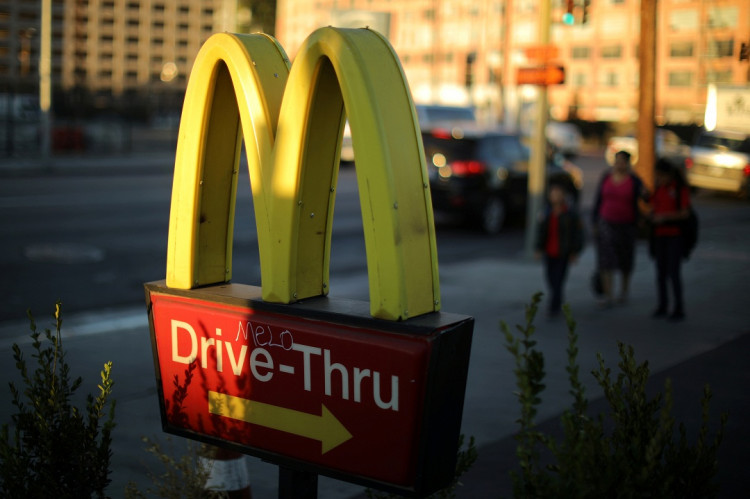Plant-based artificial meat manufacturer Beyond Meat saw its shares soar on Thursday following news of its partnership with fast-food chain giant McDonald's. The new partnership could eventually translate into meatless burgers and other meatless items at the iconic restaurant, but for now, the companies are still trying to test the market in a select location to see if the new additions will catch on.
Beyond meat saw its shares jump by as much as 11.5 percent on Thursday as investors cheered the prospect of the new partnership. McDonald's however clarified that it will only be running a limited-time offer in one of its stores in southwestern Ontario.
The restaurant will be offering residents a new food item called the PLT, an abbreviation of Plant, Lettuce, and Tomato.
The boost to Beyond Meat's stocks sent prices to around $150, or around 500 percent of the company's initial public offering (IPO) price of $25. The company launched its IPO in May and it has been one of the more successful startups to go public this year.
Since its debut, the company's stocks have continued to climb, albeit it did drop by as much as 30 percent at one point as investors became more skeptical of tech startups like Uber and Slack. Despite the skepticism, Beyond Meat has proven itself to be a unique company with an equally unique product.
Food giants such as Burger King and Dunkin' Donuts have already jumped into the meatless bandwagon. McDonald's has long been rumored to considering adding plant-based products to its menu, but the company has been holding off on such a move for quite a while despite the global demand.
Given Burger King's success with the introduction of its Impossible Whopper, a burger using plant-based patties supplied by Impossible Foods, McDonald's was expected to immediately respond with its own offering.
McDonald's did at one point try to offer a vegetarian burger item on its menu in Germany. For a limited time, the company offered a product called the Incredible Burger using soy-based artificial meat provided by Nestle. The test run was somewhat successful, but McDonald's didn't pursue the product any further.
If Beyond Meat manages to impress customers in Canada with its own meat substitute, it could translate to a broader deal with McDonald's. If that happens, it would be a substantial win for Beyond Meat as it faces more and more competition in the growing industry.
Beyond Meat currently has a standing partnership with a number of top restaurants in the United States. This includes a partnership with Dunkin' Donuts, TGI Fridays, Del Taco, and Carl's Jr. The company also recently inked a partnership with Canadian coffee chain Tim Hortons, which is owned by Burger King's parent company Restaurant Brands.





